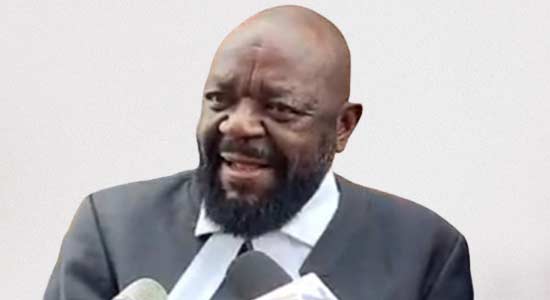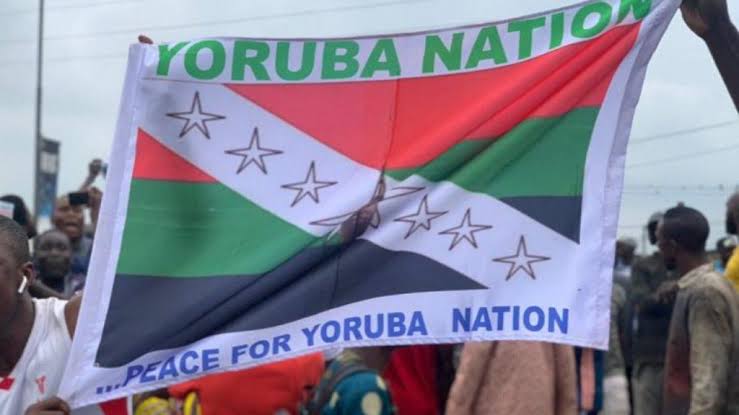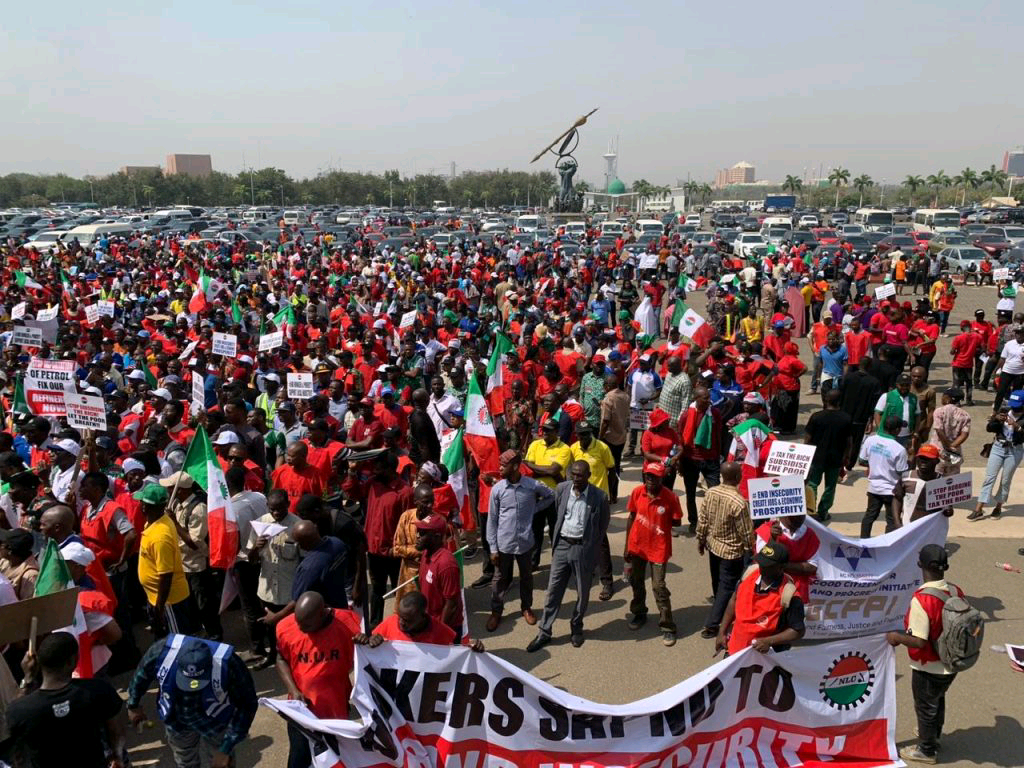By Evans Ufeli Esq
Barrister Aloy Ejimakor acted both as a lawyer and a citizen when he joined the peaceful demand for the release of Nnamdi Kanu. That dual role must be understood and respected. A strong defense of his conduct rests on three interlocking principles: the lawyer’s right to free expression and civic participation, the narrow and specific scope of the sub judice rule, and the proper limits of executive commentary on professional discipline.
First, every lawyer remains a citizen with rights to free speech and assembly. Participation in a public protest does not ipso facto amount to professional misconduct. Lawyers routinely engage in public advocacy, law reform campaigns and peaceful demonstrations -activities that can complement courtroom advocacy rather than undermine it. Unless a lawyer’s public conduct entails direct attempts to intimidate jurors, bribe witnesses, disclose confidential information or otherwise corrupt a pending process, it should not be conflated with unethical behavior.
Second, the sub judice principle is purposefully limited: it bars public communications that create a real risk of prejudicing the fairness of an ongoing trial. The mere presence of a lawyer at a demonstration calling for a client’s release does not automatically meet that threshold. What matters is the content and effect of the communication. Did Barrister Ejimakor publish material or make statements that could improperly influence judges, jurors or witnesses? If not, allegations invoking sub judice are misplaced. Discipline must be based on concrete breaches of the professional code, proven through due process, not on the political discomfort of officials.
Third, it is neither appropriate nor lawful for a presidential special adviser to act as prosecutor, judge or disciplinarian of the legal profession. Bayo Onanuga speaks as a political appointee; he has no prosecutorial mandate, no disciplinary authority and no role within the structures that regulate lawyers. Matters of professional discipline belong to the Nigerian Bar Association, the Legal Practitioners Disciplinary Committee and the judiciary -bodies with statutory procedures, evidentiary thresholds and rights of defence. Public calls for sanctions from executive aides risk politicizing disciplinary processes and chilling legitimate civic expression by lawyers.
Read Also;
#EndSARS PROTEST: FIVE YEARS LATER
Finally, any suggestion of sanctions must respect due process. If anyone believes Barrister Ejimakor crossed an ethical line, the proper course is to file a formal complaint with the relevant professional body, which can investigate, require evidence, hear the lawyer’s explanation, and apply proportionate sanctions only where misconduct is proven. Summary public demands for discipline amount to pressure, not justice.
In short: defending a client and advocating in public are not mutually exclusive; sub judice has limits; and a presidential aide cannot substitute for the independent, rule‑bound institutions that determine professional discipline. If we value the rule of law, let complaints be handled through the right channels, on the right evidence, with respect for due process.




